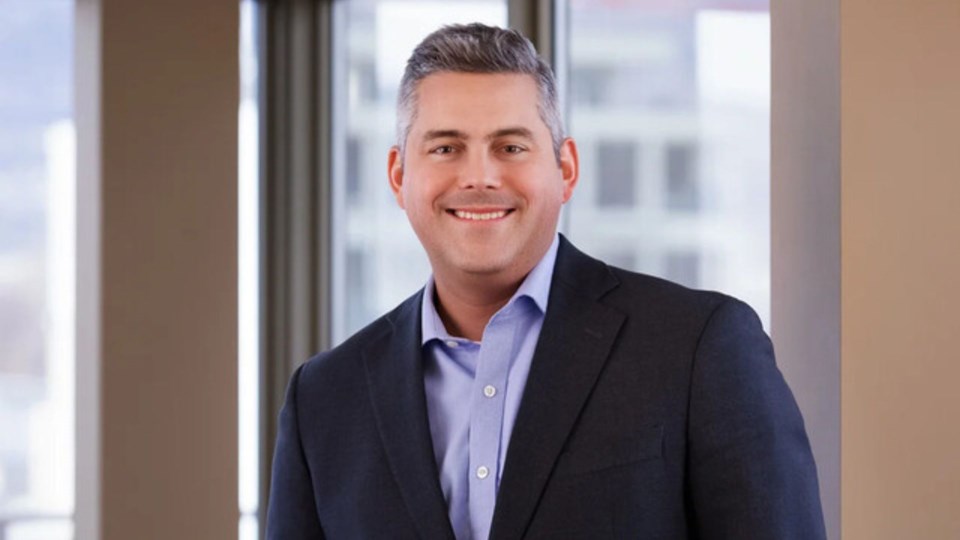A Kelowna-based immigration lawyer says he has been “very busy” fielding calls from clients worried about the changing dynamics for Canadians travelling to the United States.
“I think people are reading the articles in the media and they’re getting worried that there’s a change in scrutiny being applied at the border," says Bryan Fitzpatrick at Pushor Mitchell LLP.
"It’s not any different questions than we’ve ever gotten, it’s just more people concerned about travelling to the U.S. and having an issue."
Some experts have suggested travellers use a burner phone to avoid scrutiny of their social media accounts, but Fitzpatrick doesn’t think that’s necessary and could be problematic.
“I mean, if you show up at the border with a burner phone I might be kind of concerned about why you think you might need one. If I’m the border guard, I might be kind of wondering why has this person got a burner phone. Is it really something that they’re trying to hide?” he said.
He says while the law for Canadians crossing the border hasn’t changed, U.S. officials are scrutinizing people more closely and asking questions they might not have asked in the past.
Despite that, Fitzpatrick says his advice to most of his clients is to go ahead with their travel plans, but make sure they have all their paperwork in order.
“I think Canadians are a little lackadaisical when it comes to travelling to the U.S.,” he says. “They think of it as kind of their neighbour and they don’t really put a lot of thought into what they’re doing when they travel to the U.S.”
The case of Vancouver woman Jasmine Mooney has received a lot of attention. She was detained for 12 days in what her family claimed were "inhumane" conditions over a denied visa while she had been working in California.
Other stories have also come to light of tourists being stopped at U.S. border crossings and being held for weeks before being allowed to fly home.
Fitzpatrick says if you are going to the U.S. for a reason other than a holiday, it’s probably a good idea to contact an immigration lawyer before you depart.
“Just to make sure that they have the right visa and that they understand what a business visitor is able to do in the United States and what they’re not able to do," Fitzpatrick said.
"Because that’s where I see the biggest issue is people going down for business but they don’t realize that what they’re planning to do requires an actual work visa. They can’t simply go down as a visitor.”
He says people heading south for 30 days or longer need to be aware of one new change in particular, a new requirement under United States President Donald Trump’s Protecting the American People Against Invasion executive order.
Effective April 11, 2025, all Canadian visitors to the United States not issued an electronic Form I-94, who are fourteen years of age and older, will be required to register with the federal government when staying in the United States for 30 days or longer.
“Sometimes if you read the website, you may not be getting all the information that you need if you’re just reading the government website,” notes Fitzpatrick.
“I’ve seen a lot of people using Chat GPT trying to get immigration advice or from one of these artificial intelligence-type apps and that’s also a bad idea because you are not getting proper legal advice.”
Another group Fitzpatrick says should use extra caution is anyone with a prior legal conviction, even if it’s for simple marijuana possession.
“Oftentimes people have travelled to the U.S. for many years and never had a problem, but they are sharing information to a greater extent and so people are finding that when they go down, they can now see that they had a prior conviction," he said. "And a drug conviction renders someone inadmissible for life to the United States.”
Fitzpatrick says those with a prior conviction must apply for a U.S. entry waiver. If travellers don’t have this, they could be turned back at the border.
He adds that “knowledge is power,” and it’s a good idea to reach out and get the information you need before you travel.
“We are happy to help people. That’s what we enjoy doing and being a U.S. lawyer in the Okanagan and in B.C., we are well positioned to be able to help people locally with their issues," he said.




